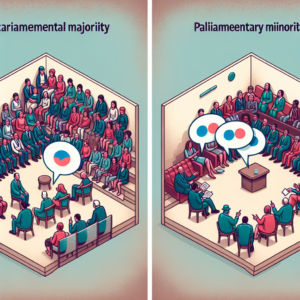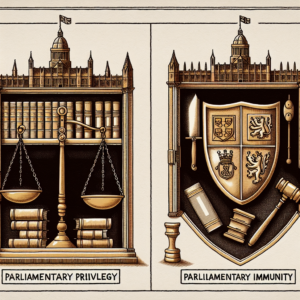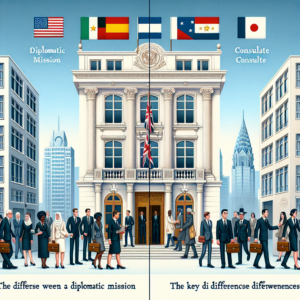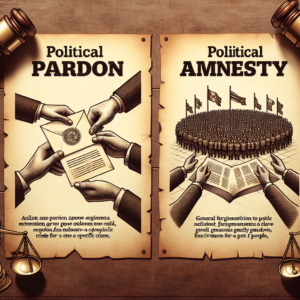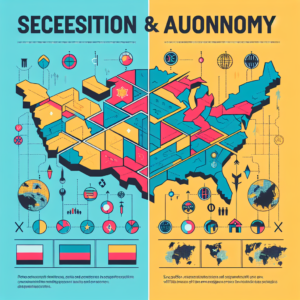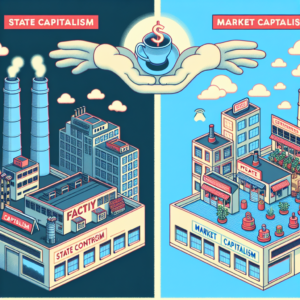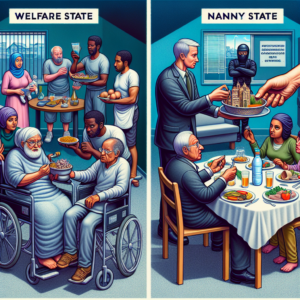The field of economics is a broad and complex one, encompassing various philosophies and policy paradigms. Two of these paradigms are economic liberalism and economic nationalism. While they might sound similar, they differ significantly in their principles, implications, benefits, and drawbacks. This article will explore “What is the difference between Economic Liberalism and Economic Nationalism?” to gain a deeper understanding of these two critical economic ideologies.
Understanding Economic Liberalism: Principles and Implications
Economic liberalism is an economic philosophy that places a high value on economic freedom, advocating for minimum government intervention in the economy. It supports free-market capitalism, emphasizing the importance of private property rights, open competition, and free trade. The key argument is that individuals, not the state, should decide what to produce, how to produce it, and for whom to produce it. This liberal approach is believed to stimulate innovation, efficiency, and economic growth.
However, economic liberalism doesn’t come without its implications. Critics argue that it can lead to income inequality, as those with wealth have more economic freedom and can therefore accrue more wealth, while those without remain disadvantaged. There’s also the risk of market failures, such as monopolies, which can skew competition and lead to poor market outcomes. Moreover, economic liberalism can also foster economic instability, as seen in the financial crises where deregulation and unbridled market forces played significant roles.
Economic Nationalism Explained: Benefits and Drawbacks
On the other hand, economic nationalism centers on the belief that the nation’s economy should be controlled by the state to protect and promote national interests. It advocates for protective trade policies like tariffs and quotas to shield domestic industries from foreign competition. Economic nationalism seeks to ensure that the wealth generated within a country benefits its citizens and contributes to national development.
Despite its benefits, economic nationalism also has its drawbacks. It can lead to inefficiencies as domestic companies, protected from international competition, may not have the incentive to innovate or improve their products and services. There’s also the risk of retaliation from other countries, leading to trade wars that can harm global economic health. Lastly, economic nationalism can sometimes foster xenophobia, as it often breeds a suspicion of foreign goods and services.
In summary, the answer to “What is the difference between Economic Liberalism and Economic Nationalism?” lies in their core principles and implications. While economic liberalism emphasizes economic freedom and minimal state intervention, it may lead to inequality and market failures. In contrast, economic nationalism focuses on national control of the economy and protection of domestic industries, but it might result in inefficiencies and strained international relations. Therefore, understanding these differences is crucial when evaluating economic policies and their impact on society.


